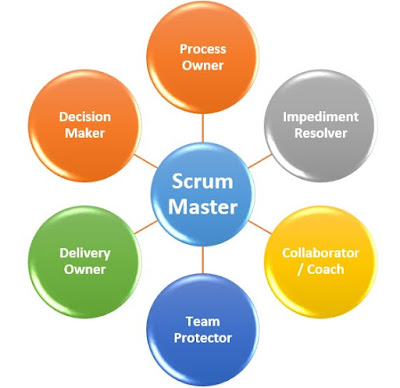
What Is DevOps? DevOps (a clipped compound of development and operations ) is a term used to refer to a set of practices that emphasizes the collaboration and communication of both software developers and other information-technology (IT) professionals while automating the process of software delivery and infrastructure changes. It aims at establishing a culture and environment where building, testing, and releasing software can happen rapidly, frequently, and more reliably Where Did DevOps Come From? DevOps is the offspring of agile software development – born from the need to keep up with the increased software velocity and throughput agile methods have achieved. Advancements in agile culture and methods over the last decade exposed the need for a more holistic approach to the end-to-end software delivery lifecycle. The DevOps ideals extend agile development practices by further streamlining the movement of software change thru the build, validate, and deploy and delivery...
